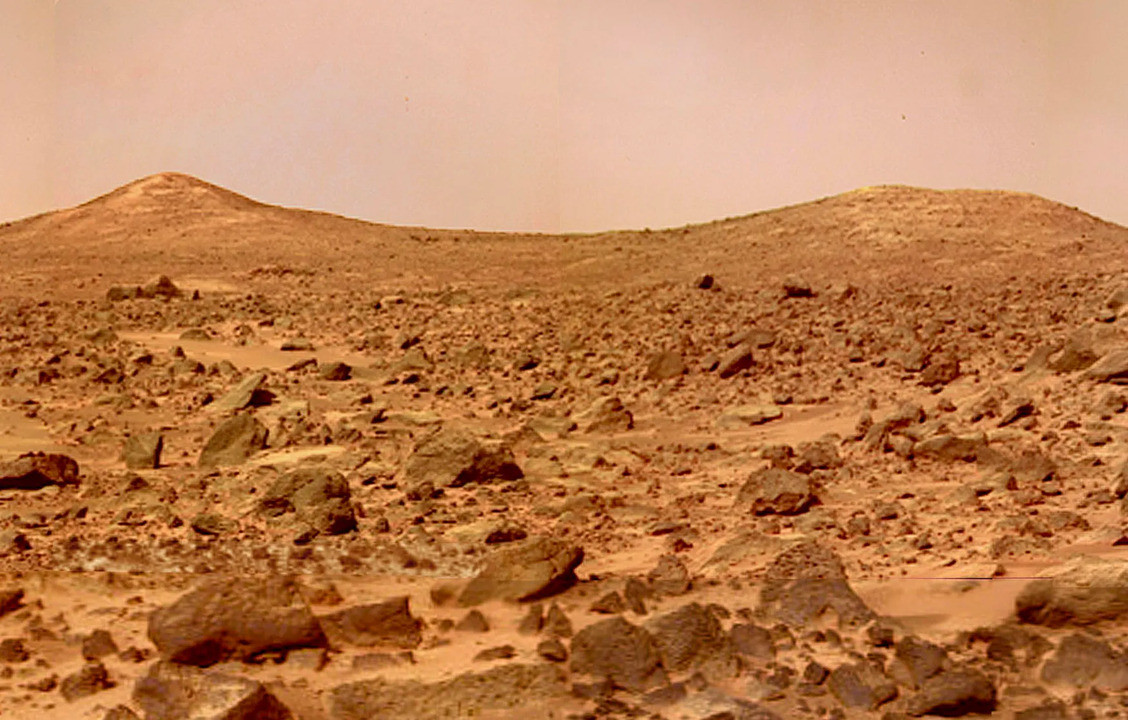Although many people do not know, Martian rocks have been bombarding the Earth for thousands of years. Rocks separated from their home planets by violent collisions or volcanic processes are broken off and thrown into space. But over time, scientists began to discover something interesting: The age of these Martian rocks does not match what we know about the age of Mars; much younger.
Mars is really old. Scientists believe that the formation of the planet was completed approximately 4.56 billion years ago, approximately 90 million years before our planet. So why do fragments of rocks on Mars show the opposite young age?

According to researchers, the answer to this question most likely lies in the constant bombardment of the Martian surface by meteors and asteroids. With about 200 bombardments each year creating 4-meter craters, the surface of Mars is constantly spewing more rock into space, some of which reaches Earth. The reason why Martian rock does not age is that younger rock replaces older rock as it is expelled from the planet.
This means that younger rocks beneath the surface, renewed by volcanic activity, eventually rise to the surface and thus become fragments sent into space by meteorites. This situation, explained by a group of scientists in their article published in Earth and Planetary Science Letters, helps us understand why the Martian rocks found on Earth appear so young.
Understanding how Mars is changing, both inside and out, is of great importance to NASA and others as they prepare for the first human missions. Additionally, scientists are constantly looking for new ways to understand how planets in our solar system form and how this can teach us more about the evolution of the universe as a whole.